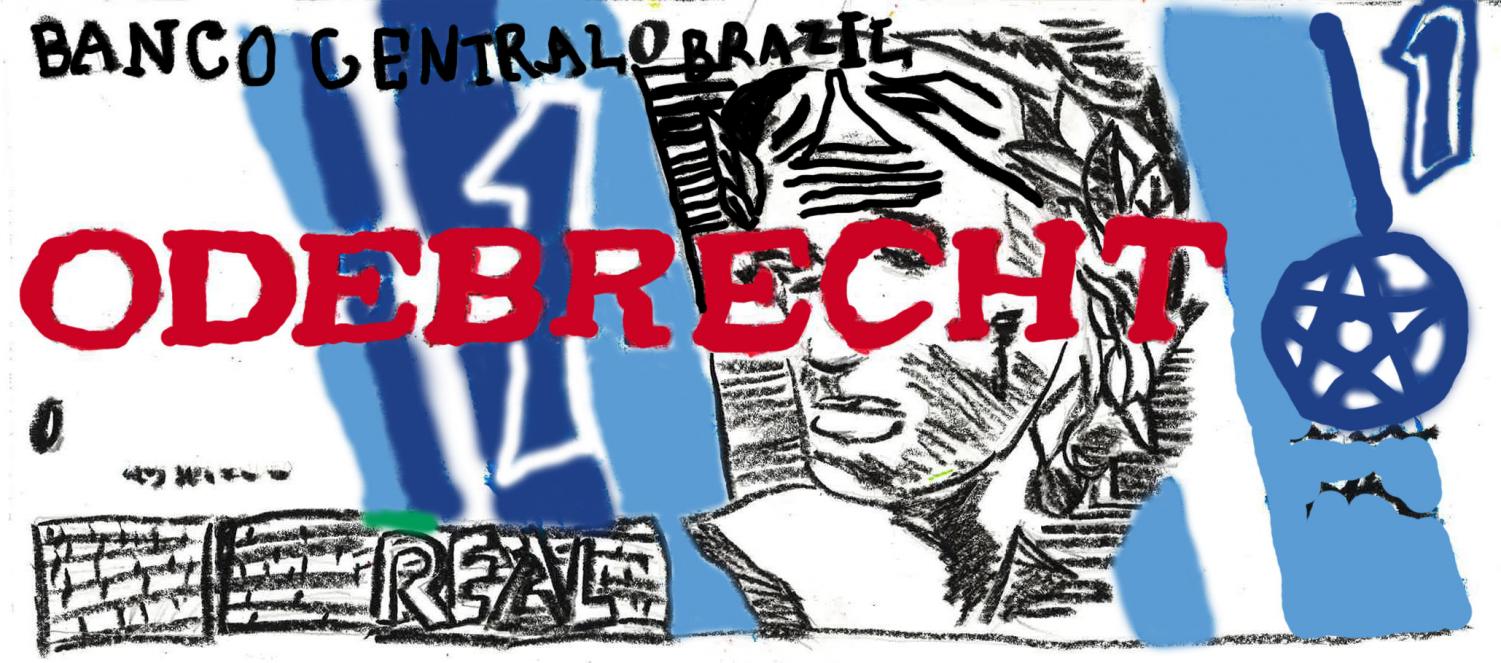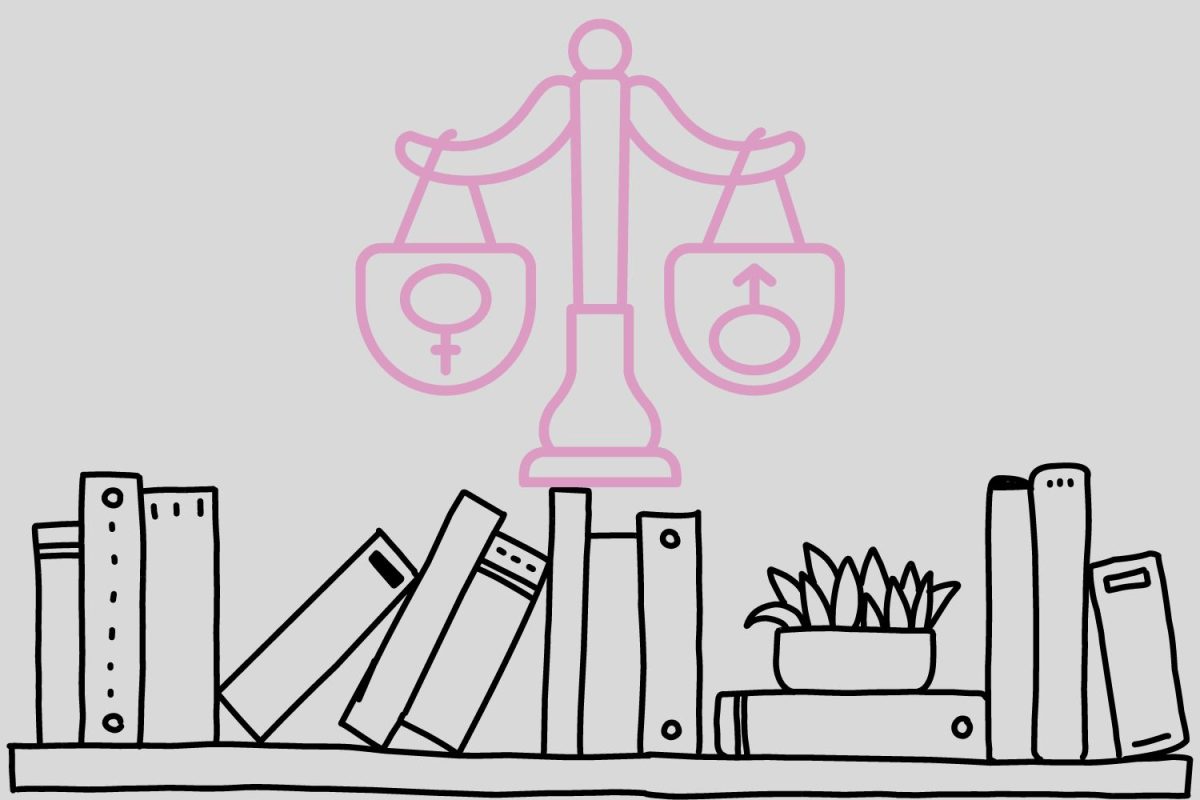South American politics have been turned upside down over the last three years, with a wave of fallen governments in several countries.
Odebrecht, a Brazilian engineering and construction company, is behind these scandals that have shaken public trust in democratic institutions.
Odebrecht has become embroiled in a corruption network including other corporations and prominent politicians across the continent. The scandal first came to light in Brazil in 2016, where authorities discovered that Odebrecht had paid out bribes to several politicians, as well as government-owned energy corporation Petrobras.
In return for these bribes, Petrobras and other government officials granted lucrative contracts for upcoming construction projects to Odebrecht. As the details of the scheme were uncovered, many prominent Brazilian leaders, including former Presidents Fernando Collor de Mello, Luiz Inácio Lula da Silva and Michel Temer, were charged with corruption, and subsequently jailed for their criminal activities.
The scandals destroyed public faith in Brazilian democratic institutions. According to Vox, a year after the scandal broke, just 32% of Brazilians expressed support for the idea of democracy.
As a result of this diminished support for democratic ideals, Brazil elected a far-right president in October 2018, Jair Bolsonaro. His endorsement of violent law enforcement tactics indirectly encouraged police killings of civilians, which have increased by 18% under his tenure, according to The Guardian.
This has created an authoritarian environment where police raid homes of lawyers and activists, assassinate judges and murder innocent civilians.
The root of this totalitarian spiral is corruption. Had politicians rejected illegal and unsavory advances from shady businessmen, citizens would still trust their elected officials.
Without this, few would choose to turn to a leader who backs a totalitarian police, adding yet another threat against the Brazilian people.
Another shocking reality of the Odebrecht scandal is its breadth, which has upended not just Brazil’s politics, but also the circumstances in various other South American countries.
For example, earlier this year, a political impasse stemming from the corruption scandal resulted in a constitutional crisis in Peru.
Peruvian President Martín Vizcarra announced that he would dissolve congress and call for elections, using corruption in congress as justification. In response, Peru’s Congress stated that Vizcarra’s presidency was suspended.
However, Peruvian politicians and military leaders declared their recognition of Vizcarra’s presidency.
As it stands, Peru’s democracy could be nearing its end. With sky-high approval ratings, Vizcarra is expected to win the upcoming elections in a landslide.
So far, Vizcarra has been a saving grace for Peru, overseeing popular anti-corruption policies. But Turkey’s Erdogan and Russia’s Putin have proven that effective elected leaders can easily become dictators.
In a nation with a weak constitution and nascent democratic institutions, Vizcarra has a prime opportunity to become a president with free reign and unchecked power and popularity. Such an outcome could stall the progress of democracy in Peru, threatening the livelihoods and security of millions of Peruvians.
Odebrecht’s corrupt activities have already taken down two governments. As a result, Brazil has moved towards totalitarianism while Peru may soon have a president with unrivalled power.
With the face of anti-corruption in South America looking increasingly authoritarian, we must look to the root cause of this crisis: choosing profit over political stability. It is time for corporations to consider: are a few contracts worth the liberty, prosperity, and security of millions of people?










